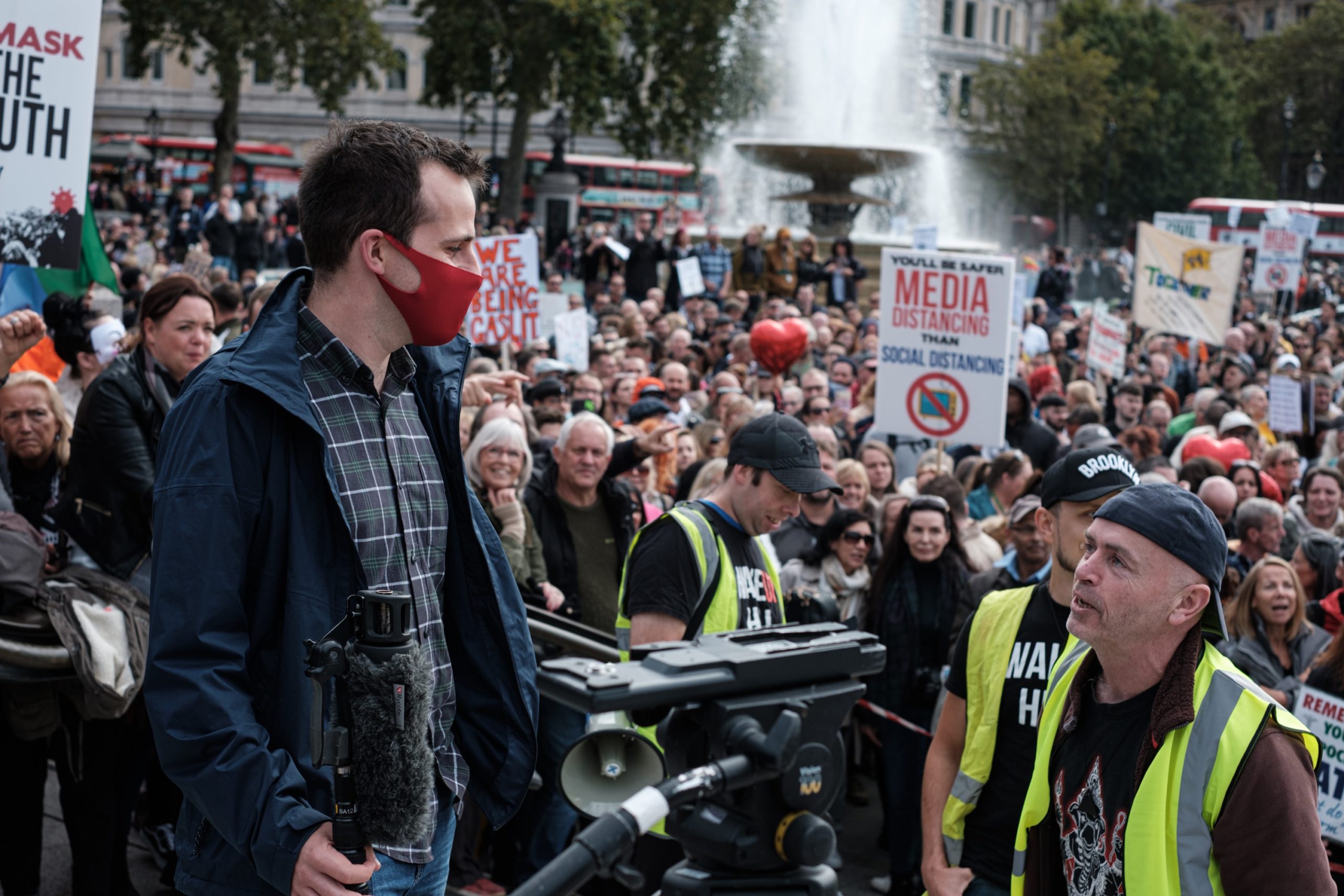2/15/2021
On Monday, Facebook announced that it plans to remove posts that spread misinformation about vaccines on its platform. This is an expansion of its policy on COVID-19-related misinformation, which was enacted last April. Facebook and other social media platforms have played a significant role in the spread of false information and conspiracy theories centered around the pandemic over the past year, despite efforts by many parties to curb harmful content and promote trustworthy sources.
Since December of 2020, Facebook said that it would remove claims about COVID-19 vaccines that have been debunked by public health experts, such as posts that falsely claim that the vaccines contain microchips. This most recent announcement now also states that the platform will ban false claims that the virus is man-made or that face masks are not effective at slowing the spread of COVID-19. Furthermore, Facebook also seeks to widen its ban to include false statements about vaccines in general, which have been circulating the site for quite some time in prominent anti-vax groups. Some examples include claims that vaccines are toxic, cause autism, are not effective, or are even more dangerous than contracting the diseases that they are meant to prevent.
In the past, Facebook has said that it would simply “downrank” or push these types of posts lower down on individuals’ news feeds, which theoretically made it more difficult for anti-vax groups to spread their content. Now, all posts, pages, and groups involving any false information about vaccines will be removed completely. Facebook’s decision to encompass all misinformation about vaccines in their ban comes from an effort by leading health organizations to increase trust in vaccines. “Health officials and health authorities are in the early stages of trying to vaccinate the world against COVID-19,” says Kang-Xing Jin, Facebook’s head of health, “and experts agree that rolling this out successfully is going to be helping build confidence in vaccines.”
Mark Zuckerberg, Facebook’s founder and CEO, has been proactive against false information related to COVID-19, frequently hosting Dr. Anthony Fauci, the U.S.’s top infectious disease expert, on Facebook Live to give updates on the American response to the pandemic. However, Zuckerberg has also been a steadfast proponent of free speech across Facebook. He has previously been unwilling to remove falsehoods from the platform, even if they were potentially dangerous, as in the case of his 2019 statement regarding political speech.
Public health advocates have criticized Facebook’s refusal to remove misleading information about vaccines. Yet, there are some that believe Facebook’s recent policies to be a form of censorship. In a society that places a great amount of value on free speech, tech companies walk a very fine line in their responsibility to prevent the spread of harmful misinformation.

